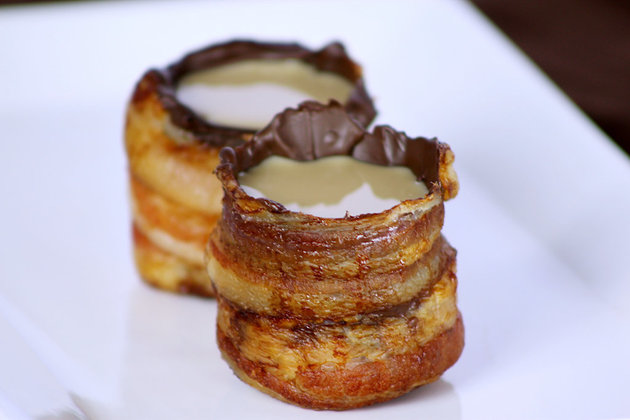Managing Kids’ Nutrition and a Positive Relationship With Food
September 28, 2017
When I asked my friend Sammi, a nutritionist who specializes in eating disorders, what she’d like parents to know, she warned me that she was going to get on her soapbox. She has a unique perspective that may not line up with a typical nutritionist’s point of view. Sammi has seen the terrible effects a skewed relationship with food can have, and has this advice to pass on.
Don’t Make Negative Comments About Your Own Body
You can tell your children they’re wonderful and beautiful until you’re blue in the face, but if you complain about your own weight or physical flaws, that’s what they will hear.
Avoid Assigning Value to Food.
There is no “good” or “bad” food. Labeling food that way can upset the relationship a child (or an adult) has with nutrition. A better approach is using the terms “fun” food and “growing” food. These words have a positive connotation but highlight the differences.
Never Put Kids on Strict Fad Diets
Besides affecting their relationship with food, dieting and strict eating can mess with your child’s growth. Medical professionals have seen changes in growth trajectories as a result of strict dieting.
Don’t Follow Nutrition Messages Too Rigidly
Nutrition messages often present an ideal. Many people get caught up in precise requirements, rather than building a healthier overall lifestyle. Parents should make sure kids’ nutritional needs are being met without controlling eating too strictly.
Consider How Food Tastes
It is okay, even advisable, to consider how a food tastes along with its health benefits. In many cases, the difference between a white and whole wheat selection is only about two grams of fiber, for example. There are ways to make sure your family gets those two grams elsewhere, rather than having a battle at the dinner table. Sammi used the example of whole grain versus white pasta. If you’re eating noodles covered in spaghetti sauce, your kids probably won’t notice that the pasta is whole wheat. But if you’re serving plain pasta with a little olive oil, they may object to the taste.
Sammi points out that eating disorders are a serious issue, but so is disordered eating. We can help our kids develop a positive relationship with food by starting early, providing healthy choices, allowing occasional treats, making family meals a daily ritual, and modeling healthy food behaviors. More on how to help your child develop a healthy relationship with food.





